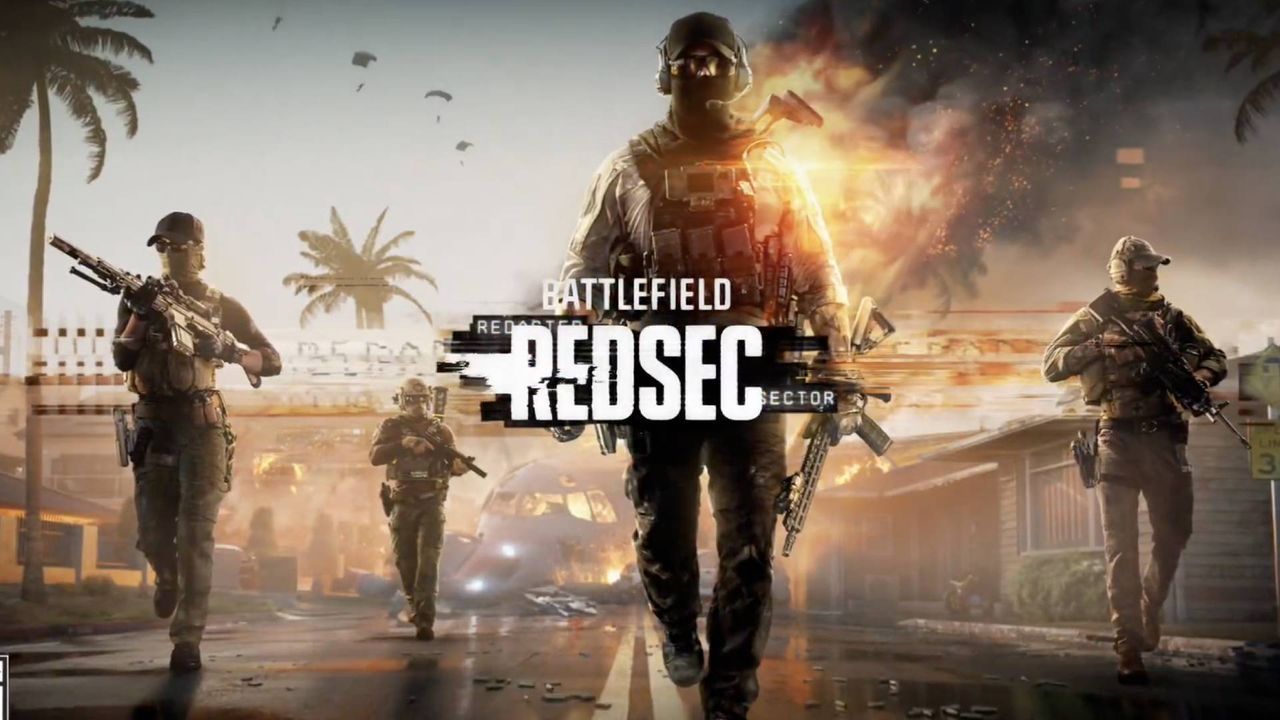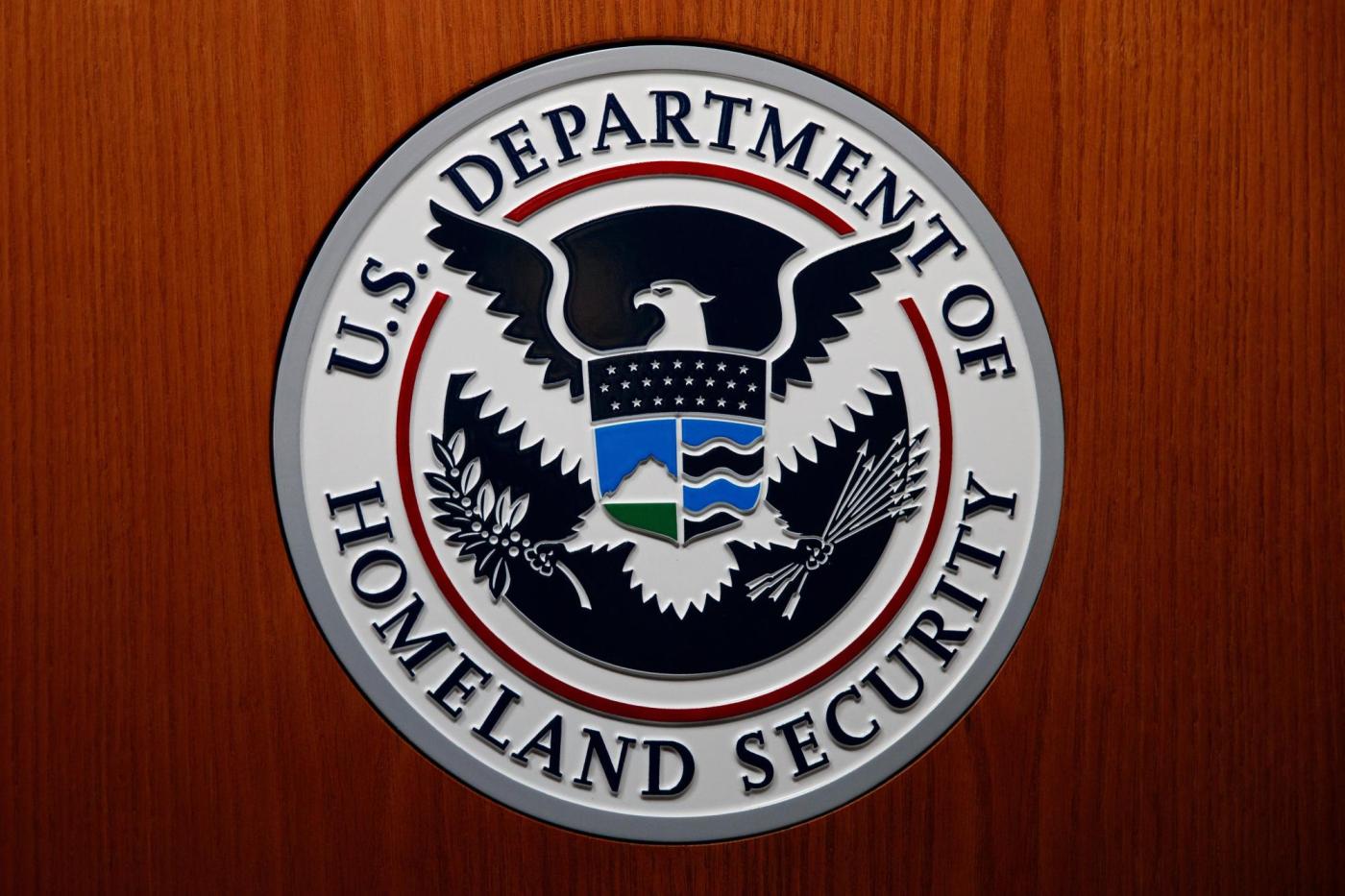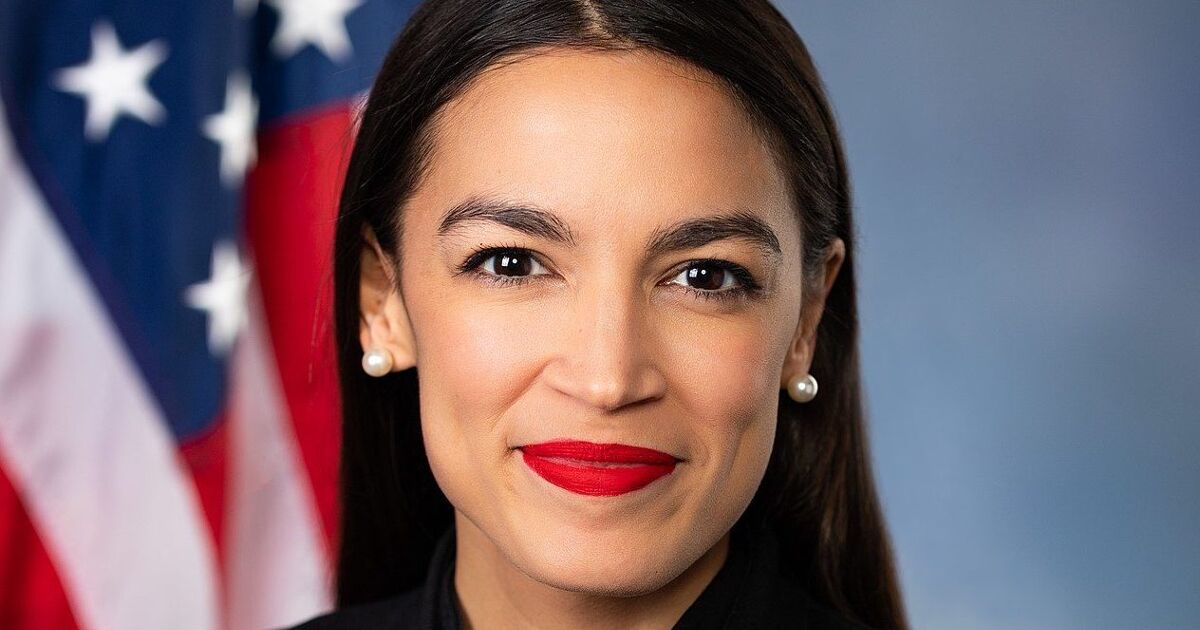Stopping the flow of illegal immigrants from our southern border. Using diplomacy to lessen China’s presence and influence near the Panama Canal. Calling for the U.S. acquisition of Greenland. Negotiating reciprocal trade agreements with Argentina, Ecuador, El Salvador, and Guatemala. Using military power to strike narco-terrorists in the Caribbean Sea. Flexing U.S. military muscle towards the Maduro regime in Venezuela. Call it the Trump Corollary to the Monroe Doctrine.
The Monroe Doctrine, the brainchild of Secretary of State John Quincy Adams, was announced by President James Monroe on December 2, 1823. Monroe declared that the United States would “consider any attempt [by outside powers] to extend their system to any portion of this hemisphere as dangerous to our peace and safety.” The Western Hemisphere, Monroe effectively said, was off limits to intervention by the powers in the Eastern Hemisphere.
At that time, we lacked the power to enforce the doctrine, but our statesmen knew that Great Britain had a common interest in lessening other powers’ influence in the Western Hemisphere. The Monroe Doctrine was also a shield behind which the United States continued its expansion across the central portion of North America.
Our “Manifest Destiny,” noted the columnist John O’Sullivan in 1845, was to expand our control all the way to the Pacific Ocean. So, the Monroe Doctrine was inextricably linked to the westward expansion of our nation.
As U.S. economic and military power grew, our statesmen and strategists asserted an even greater role in enforcing the Monroe Doctrine. In 1895, a dispute between Great Britain and Venezuela over the western frontier of British Guiana escalated. U.S. Secretary of State Richard Olney invoked the Monroe Doctrine to justify American diplomatic intervention on behalf of Venezuela.
Olney noted that “every administration since President Monroe’s has had occasion to examine and consider the Monroe doctrine and has in each instance given it emphatic endorsement.” The security of the United States, Olney continued, demanded the “maintenance of the independence of every American state as against any European power.”
Experience has taught the United States, Olney said, that “the relations of states to each other depend not upon sentiment nor principle, but upon selfish interest.”
In the late 19th century, America’s greatest and most influential strategist, Alfred Thayer Mahan, advocated U.S. predominance in the Caribbean Sea region, which stretched from the southern coast of the United States to the northern portion of South America. This meant U.S. control of an isthmian canal in Central America and a strong navy to enforce the Monroe Doctrine.
In 1901, an admirer of Mahan and an equally strong advocate of U.S. naval power became president of the United States. Theodore Roosevelt had been Assistant Secretary of the Navy and an infantry officer who fought in Cuba during the Spanish-American War. As president, he was determined to build a strong navy and an interoceanic canal in Central America — he accomplished both.
In 1904, Roosevelt also announced what historians call the Roosevelt Corollary to the Monroe Doctrine. The United States, he said, would intervene in Latin American nations if they suffered from “chronic wrongdoing, or an impotence which results in a general loosening of the ties of civilized society.” He asserted a U.S. right to exercise international police power in the Western Hemisphere.
All succeeding 20th century presidential administrations and the George W. Bush administration in the early 21st century recognized the importance and continuing relevance of the Monroe Doctrine.
Then, in November 2013, Secretary of State John Kerry declared that “the Monroe Doctrine is dead.” Of the many foreign policy blunders of the Obama administration, the abandonment of the Monroe Doctrine was the most dangerous. It was an open invitation to foreign powers — especially China and Russia — to increase their influence in the Western Hemisphere.
It happened to coincide with the launch of China’s Belt and Road Initiative, a geoeconomic offensive that reached into the Western Hemisphere.
President Donald Trump has resurrected the Monroe Doctrine. With his strong border policies, mass deportations, military strikes against drug cartels, reciprocal trade agreements with Latin American nations, reassertion of America’s primacy in the Panama Canal region, and gunboat diplomacy in Venezuela, Trump has, like Theodore Roosevelt before him, effectively declared U.S. primacy in the Western Hemisphere.
Here, America First means that the Americas (North, Central, and South) are part of the U.S. sphere of influence, and we will do whatever is necessary to protect and advance U.S. interests in the hemisphere.
The past is prologue.
—
**Armistice Day on the Western Front and in Russia**
The Socialist Order. It’s Not Pretty.
https://spectator.org/trump-revives-the-roosevelt-corollary-to-the-monroe-doctrine/



